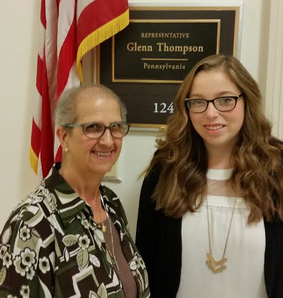Resources
|
“One person is of more value than the whole world.”
– Sr. Mary Euphrasia Searching for ways to reach out to your congressman or senator and explain the importance of voting for justice and compassion? Not sure what to say? Want to get your co-workers, friends, family or other religious sisters involved in speaking out so as to empower and lift up those on the margin? Look no further as we develop this webpage to make advocacy and activism easy to do. There’s no time to waste. |
Visit our Human Trafficking webpages for Resources, Information, Education.
|
Advocacy Tools & Grassroots Issue Toolkits
Find tips and tools for individuals and parishes or organizations on how to persuade members of Congress to vote for justice and compassion for those living on the margin.
|
Road to Justice
NAC's Good Shepherd partner agencies offer us on-the-ground information about the needs of their clients - the people whose voices we want heard on Capitol Hill - and they provide examples of best practices for direct service efforts.
|
Analysis for ActionLearn how to identify the issues at stake in any action and how best to identify an appropriate position and course of action.
|
Congressional Engagement Post-Pandemic
|
Prayer for those in Poverty |
|
The Congressional Management Foundation issued a report exploring how Members of Congress and their staff engaged with citizens while navigating the constraints posed by COVID-19, and offers examples of how Congress can substantively connect with constituents using modern technology against the backdrop of a global pandemic.
|
By: Education for Justice, Center of Concern
God of justice and compassion, We ask forgiveness for the widening gulf between rich and poor, For the use of money as a measure of all things, For the culture of self-gratification, For the continuing disparities between those that have so much and those who have so little. And for the suffering of those people who are excluded from the table of abundance. Forgive us for our focus on material goods, And our part in the worship of economic growth In a world where resources are limited and where we are already using more than our fair share. Forgive us for going along with what is easy, For failing to come to grips with the problems of change And to engage in the complexity of social issues. Fill us with a living faith that we may become lively seeds of your kingdom, Continually growing in your way of love, Instruments of personal and social reconciliation, Vehicles for a new dawn when those in poverty Are welcomed to the table where compassion and justice meet. Lord, in your mercy, Hear our Prayer. Based on a prayer by Alan Litherland "None of us can think we are exempt from concerns for the poor and for social justice." -Pope Francis, The Joy of the Gospel Catholic Social Teaching on Civil Disobedience |




